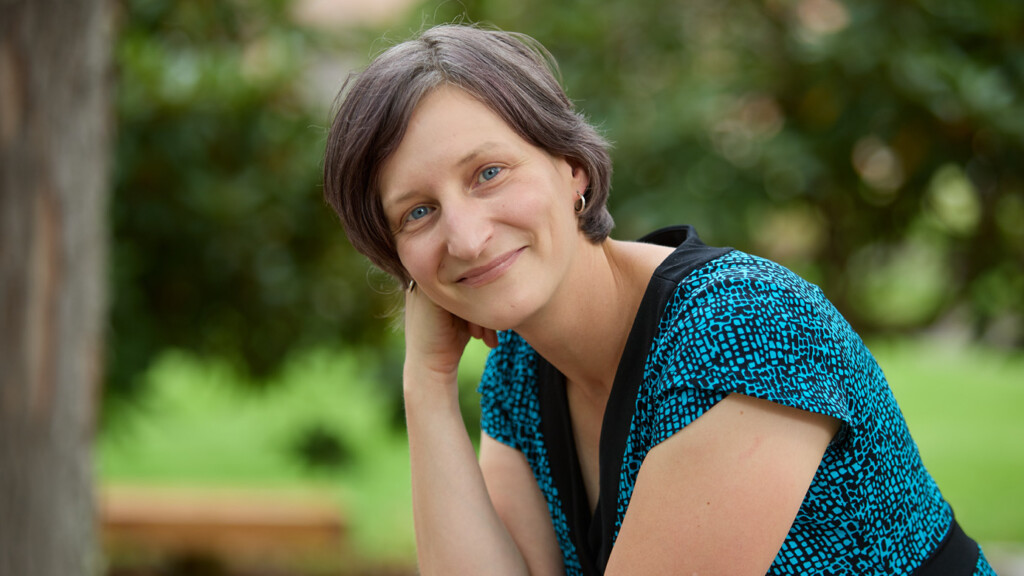Page 131 • (4,819 results in 0.08 seconds)
-

. Thinking about how we engage and embrace religious and spiritual diversity. That’s really interesting. How do you differentiate between interfaith and religious and spiritual diversity? Interfaith assumes that someone has a tradition, and then they come together and communicate across religious and perhaps cultural differences. More and more, the reality seems to be that our students don’t have an established religious identity. This work isn’t necessarily about connecting a Buddhist, a Christian, a
-
sciences; however, virtually all recommend some coursework in these disciplines in order to develop an understanding of human behavior and society. As of 2015, the revised MCAT exam will test concepts from psychology and sociology in the Psychological, Social and Biological Foundations of Behavior section of the exam. In addition, the Critical Analysis and Reasoning Skills section of the revised MCAT may include passages from cross-cultural studies (anthropology, communication and culture, etc.) and
-
sciences; however, virtually all recommend some coursework in these disciplines in order to develop an understanding of human behavior and society. As of 2015, the revised MCAT exam will test concepts from psychology and sociology in the Psychological, Social and Biological Foundations of Behavior section of the exam. In addition, the Critical Analysis and Reasoning Skills section of the revised MCAT may include passages from cross-cultural studies (anthropology, communication and culture, etc.) and
-
of World War II through the Chinese Revolution (1949), the Cultural Revolution (1966-1976) and well into the Reform Era of Deng Xiaoping, Professor Rittenberg was witness to extraordinary historical events. He was, however, far from passive. During his three decades in China, Sidney Rittenberg was a direct participant in China’s chaotic and often dangerous political culture, becoming personally acquainted with China’s top leadership—including Mao Zedong, Zhou Enlai and others—and often directly
-
candidate must maintain a 3.00 GPA, demonstrate dispositions in line with the National Educational Leadership Preparation (NELP) standards and those published by the School of Education, and successfully complete the Superintendent Portfolio and each Applied Project. Program Requirements for Washington State Superintendent Certification Candidates who successfully complete a program of professional studies in the school, who meet all related academic requirements for a degree or a certificate, and who
-
electrical & computer engineering. Students can choose to work on the theory that drives the development of new molecules for trapping solar energy, new electrode materials and chemistry for batteries, or models for grid management of renewable energy. Other labs work on integrating these new materials into devices at both the nano- and macro-scale. By the end of the summer, students are familiar with both the technical skills of performing research within the lab, and the social and cultural skills
-

places cultural symbols and color from nature. “Even in the Seattle winter, humming birds flash and scoot for nectar from my rosemary bush. Traffic lights illuminate the night, demanding attention as I bike through the city,” Schwartzkopf explains. “With intentional placement, these visual messages imply function, trigger associations, and call for exploration.” Schwartzkopf is fast becoming well known in the ceramics world. Ceramics Monthly, a national publication, featured her alongside her partner
-
PLU community members. Revive the leadership-development program for supervisors across the university, which includes bias training and purposeful anti-racist and cultural responsive development. Embed equity-minded practices in decision-making processes across the university. Focus hiring on the priority of actively diversifying PLU’s faculty and staff and on addressing gaps in care and necessary structural support for our students, staff, and faculty of color. Create a culture of “critical
-

they carry themselves and how they interact with their friends and fellow students. Elizabeth uses the leadership and conflict resolution skills they gained from the Diversity Center to bridge the gaps formed by cultural and language differences between American and International students in their grad program. These gaps are perfectly natural but most students just aren’t prepared for them. Because of the Diversity Center, Elizabeth developed the necessary skills and experience to help others
-
designed for pace and speed, along with four basic steps and strength training combos make this calorie torching, fat burning, stress releasing group fitness aerobic walk fun and suitable for all Walks of Life! Please wear comfortable clothes and fitness shoes, and bring a water bottle. Cardio KickCardio KickWhen: Thursdays, 12:15-12:45pm Dates: September 22 – December 8 *No class November 24 Where: 9/22 – 10/20: Olson Gym 10/27: Olson Balcony 11/3 & 11/10: Regency Room 11/17: AUC Scandinavian Cultural
Do you have any feedback for us? If so, feel free to use our Feedback Form.


